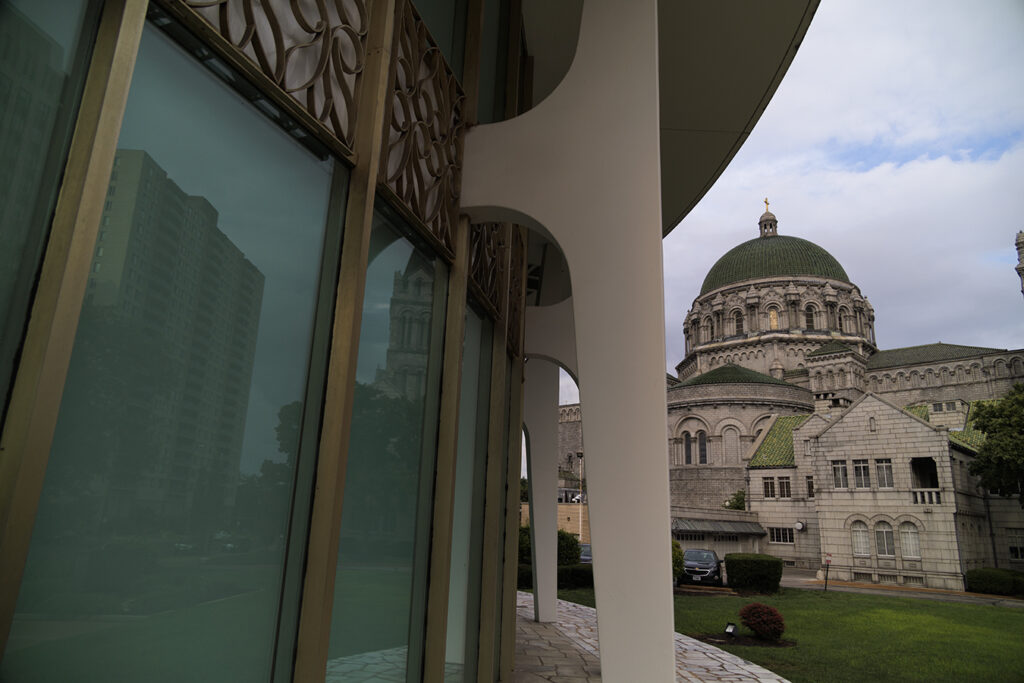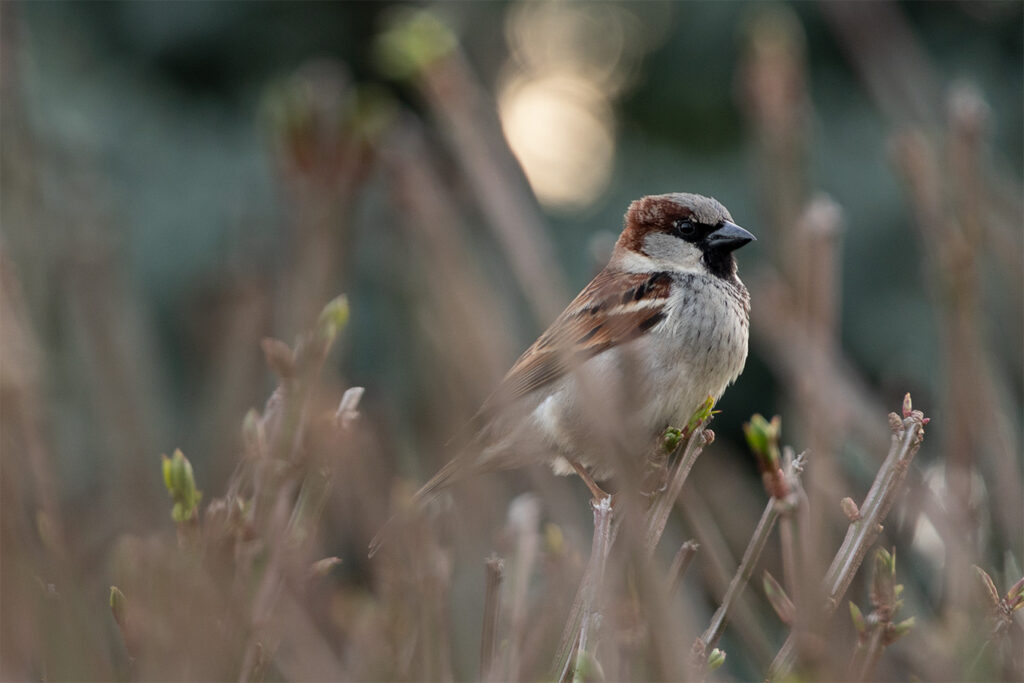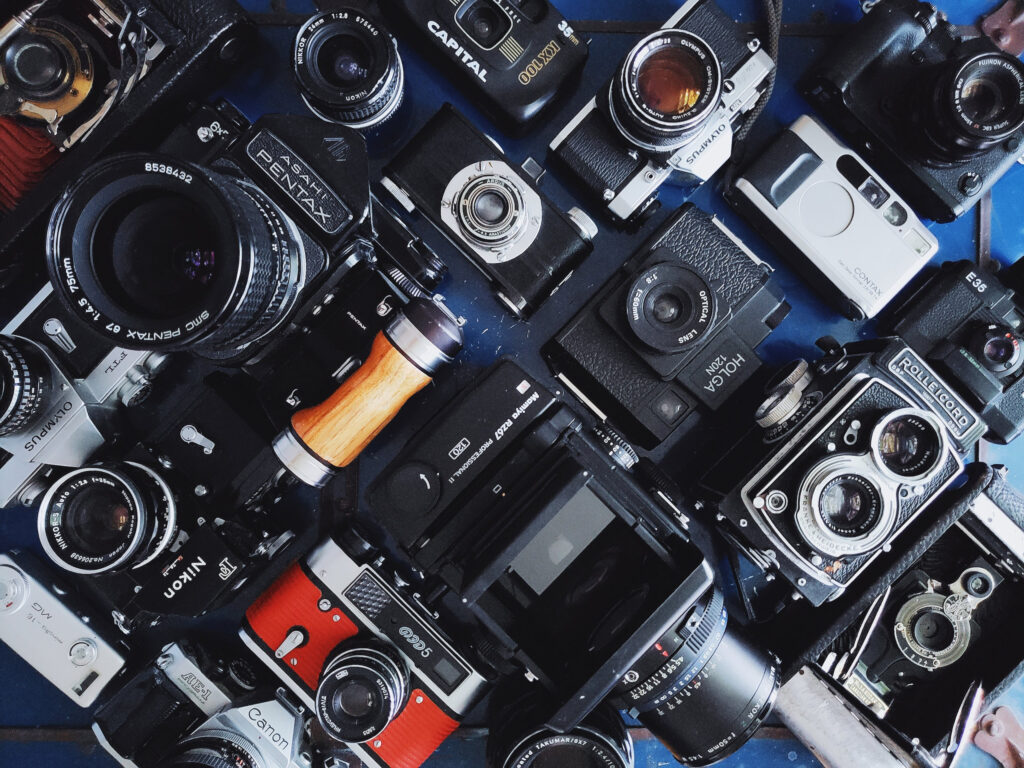So you want to learn photography? Photography is a skill that offers endless opportunities for improvement. Luckily, if you are a beginner photographer, there are some easy ways to get started learning.
What you should focus on when first learning photography
The two most important things to focus on when you are beginning to learn photography are improving your composition and learning how to use your camera’s settings. Learning these photography basics will help you build a solid foundation for your photography for years to come.
Experiment With Composition

The easiest way to start learning photography is to practice your approach to composition. You don’t even need a camera to start doing this, you can use a phone if that’s all that you have. When I jumped back into photography after years of not taking pictures, I used my iPhone and focused solely on composition. It gave me a chance to improve my photography skills without having to buy any equipment. If you do have a camera and are just beginning, you can set your camera mode to auto and simply focus on improving your composition.
This is a great time to experiment, to figure out what your personal vision of photography is. Try different angles, play with the rule of thirds, take note of the ways you can use light in your photographs – the key here is to allow yourself some freedom in your framing so that you can determine what you like when it comes to photographic composition.
As you work with composition you’ll find yourself wanting to gain more control. When you are ready for that step (or while you are learning to improve your composition) you should begin learning how to shoot in manual mode.
Learn how to use your camera’s most important settings

Learning how to use your camera’s settings is one of the most impactful things you can do to improve your photography. You’ll need a camera that allows you to adjust your settings in order to do this but as long as you can adjust your settings, that’s all you need.
Your camera’s settings give you control over the outcome of your pictures in a way that you just won’t get when you leave your camera on auto-mode. Not only do they open up endless opportunities for creative photos, they allow you to take pictures in situations that aren’t ideal like bright light, or low light or where the background of your scene is distracting.
When it comes to learning your camera’s settings we don’t recommend going it alone. While it’s possible, it also can be confusing and often times people give up before they make progress and return to auto-mode. Taking a course focused on learning your manual settings is the quickest way to learn how to use them and having an instuctor there to give you feedback and answer your questions will allow you to avoid the confusion that comes with learning them all on your own.
If your just getting started you can experiment with your settings but to grow your ability to actually use your camera’s settings, you need to build your photography skills and a photography class is the way to go.
Here at LPS we have two options to help you get started in this area – the first one is our free Camera Settings for Every Scenario cheatsheet – it’s designed to give you a starting place for many different scenarios – print it out and take it along with you on your next shoot.
The second is our photography class, Start Shooting in Manual Mode, which teaches you how to use your camera’s most important settings in 6 weeks. It’s instructor led & designed for beginner’s.
Other ways to learn photography

Learn from other photographers
Learning how other photographers make decisions around their work, what they focused on and where it led them over the course of their photographic career can have a huge effect on your own photography.
If you are just starting off you may want to practice some of the techniques you see in other photographer’s work, but the goal would be to use that as a stepping stone to creating your own personal style.
Here are a few photographer’s who’s work we love to get you started:
- Henri Cartier-Bresson – known for candid photography and capturing the decisive moment.
- Gregory Crewdson – creates dramatic and mysterious photos by staging scenes
- Will Burrard-Lucas – wildlife photographer who uses creative techniques and technology to photograph wildlife in new ways
- Fan Ho – captured Hong Kong via street photography in the 1950’s and 60’s. His use of light and lines is distinctive.
- Richard Avedon – fashion photographer known for doing high-end in-studio portraits
Join a photography community
Joining a photography community gives you a great way to connect with other photographers, find inspiration and get answers to your questions. Look for a community that is supportive & not competitive. Share your work in the community often and also give feedback on other people’s work. The process of giving and getting feedback can teach you a lot about what makes a good photo. You’ll also learn more about how other people see your work.
You can look for communities on Facebook or other forums and photography websites or in your local area. We just launched our own paid community, the LPS Photo Club for beginning photographers where we go beyond normal communities and include monthly challenges to help you level up your skill while connecting with other photographers.
Take a photography course
Taking a photography course is a great way to improve your photography. You can take courses in-person or online. When you are looking for a photography course to help you learn photography make sure you look for a course that is specific to your needs, not just a general photography course. A few types of photography classes that beginning photographers would benefit from are:
- A course on using your camera’s settings
- A course on composition
- A course that challenges you to take more pictures
- An intro course on a specific type of photography for those of you who know what type of photography you want to specialize in
- A course on lighting
- A course on understanding your specific camera
Taking a photography course is a great way to invest in your skills & remain motivated to get better.
Give yourself more opportunities to take pictures
The more time you spend taking photos, the more you learn. When I say more, I mean give yourself more opportunities to take pictures. Keep your camera on you and always be thinking about your next chance to practice photography. Many photographers start out taking ALOT of pictures. That isn’t exactly what I mean when I say more opportunities. Be choosy about when you click that shutter but find more opportunities where you can click it. Most likely you will find yourself naturally taking less photos after you realize how much work goes into choosing your best ones but you will probably also find yourself thinking about more situations in which you can practice photography – that’s the way to go.
If you are into wildlife photography – find more places to do it. If you are into macro photography, find more subjects to take pictures of. If you are into landscape photography – get in your car and do photo drives. If you are into travel photography, take more trips! If you are into portrait photography, reach out to friends and family and see who would like the chance to get their photo taken.
Think more about your photos
Think about your photos before you take them. Not all photography takes a lot of planning, but almost all photography can be improved with planning. Spend some time before you go on a shoot thinking about how you want your photos to turn out. What do you need to consider in terms of settings? What about lighting? Do you need to research locations? What kind of lens will work best for what you want to achieve. Do you need additional equipment like a tripod or a filter?
Now think about your photos after you take them. What went right and what went wrong? If you didn’t get exactly what you wanted, how could you have set yourself up better for success – did you make errors in the settings you chose? If you did get the level of photographs you wanted, make note of what went right so you can duplicate your success the next time you are shooting.
Read a photography book
While reading a book isn’t quite the same as taking a course, there are so many wonderful books you can use to deepen your photography skills. Once you’ve learned your settings and fine-tuned your composition, diving into a good photography book won’t hurt.
Spend time picking out your best photos
One of the most surprising things to me was realizing how much simply looking at my photos and choosing the best ones taught me. Often times you’ll look at one of your photos and wish you had framed it differently or used a different exposure. It’s actually a great thing when you have these photo regrets because you tend to remember them the next time you are shooting.
Experiment with equipment
Photography lenses, filters & other equipment can have a huge effect on your end photos. When you are just beginning we would recommend that you stick to the basics but as you grow your skills, you will probably want to start exploring how photography equipment can help you reach your vision. If you don’t want to invest in expensive lenses, you can often rent lenses from local photography shops. This is a great way to figure out what lens is the best lens for your needs without spending a lot of money.
Focus on a specific type of photography
One way to become a better photographer is to focus your efforts on a specific type of photography. Different types of photography require different skills so picking the type you want to learn first will fast track your ability to learn how to improve your photos because you will know what to focus on.
For example, if you are interested in learning product photography, you’ll want to spend time really focusing on studio lighting. At the other end of the spectrum, if you wanted to learn astrophotography you’ll need to learn about how to take long-exposure shots. Learning about studio lighting would be no help to you at all.
Determining the specific type of photgraphy you want to focus on will help you understand what photographic skills you need to learn first.
We hope this list of ways to help you begin to learn photography was helpful for you. If you have any additional tips please share them in the comments below!

